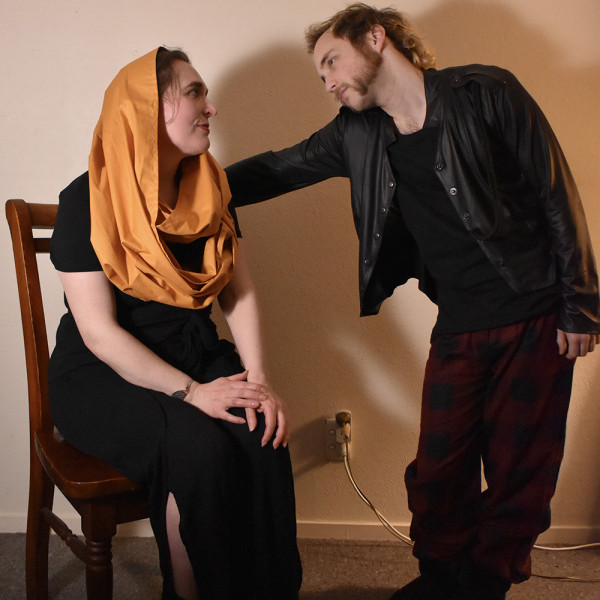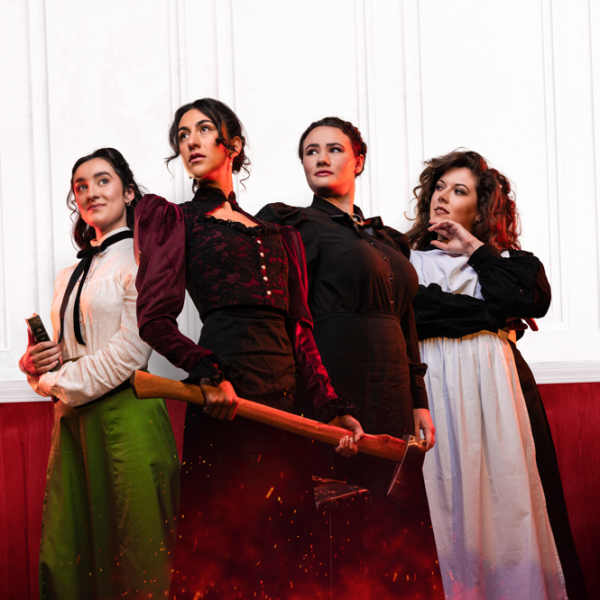
La Mer
Presented by: New Zealand Symphony Orchestra
Conducted by: Dima Slobodeniouk
Michael Fowler Centre, 23rd Aug 2024
Reviewed by: Tamsin Evans
Even if you didn’t know Helios is the god of the sun, Carl Nielsen’s wonderfully evocative Helios Overture had us listening to the sun rise, move across the sky, and set over the sea. This was clever programming to open the concert and was beautifully played.
Spontaneous applause from the audience marked the end of the first movement of Tchaikovsky’s Violin Concerto in D Major. The whole piece is regarded as one of the harder violin concerti, but soloist Augustin Hadelich made a lie of that and simply blew us away with his performance. The first movement has some very impressive scales, triads, runs, and moments when it seems the violinist is the only one on stage, as well as one of the most ambitious cadenzas in a violin concerto. Hadelich absorbed the challenge and almost became one with his violin. Under Dima Slobodeniouk’s very attentive direction, orchestra and soloist flew along, keeping up an enviable, but not overdone speed.
If the first was his tour de force, the third movement was Hadelich’s pièce de résistance. The final cadenza was sublime, virtuosic, and a spectacular end to a very happy piece of music. Hadelich’s encore showcased almost every sound, technique, and musical style you could think of and we enjoyed every note.
The Oceanides by Jean Sibelius is one of the best musical expressions of the sea in all its moods. Storm and wind were brought magically to life by surging and receding timpani and violins and the calm that followed by oboe and harp over strings. My companion heard the wave crashing on the shore and immediately recognised it as the rocks at Kaikōura.
Debussy’s La Mer is also a glorious musical description of the sun and the sea. Slobodeniouk and the orchestra interpreted Debussy’s intent and gave us a stunning representation of our natural environment.
It was an exceptional evening. Thanks, NZSO.











